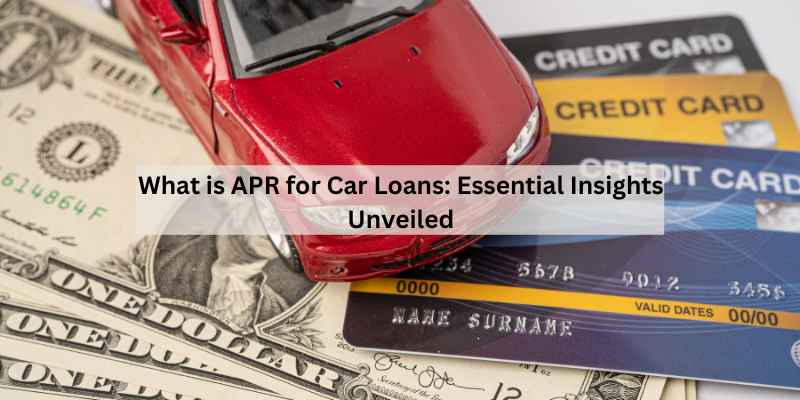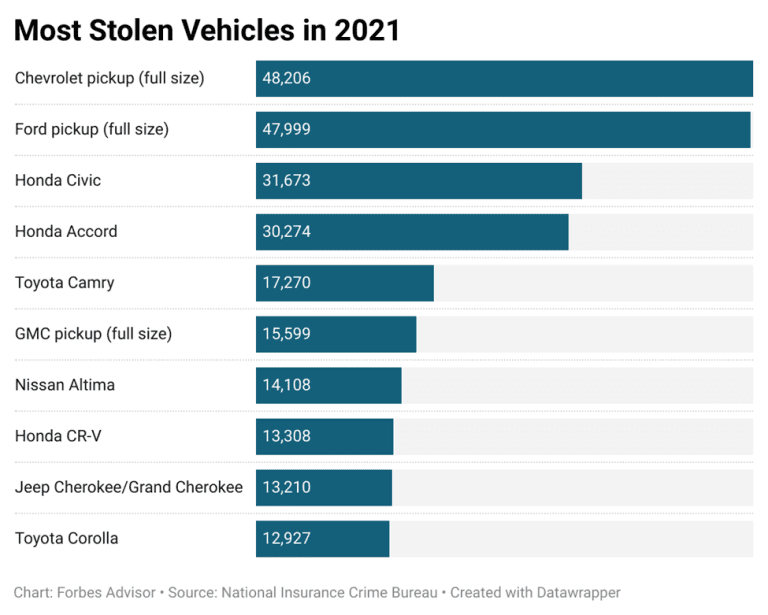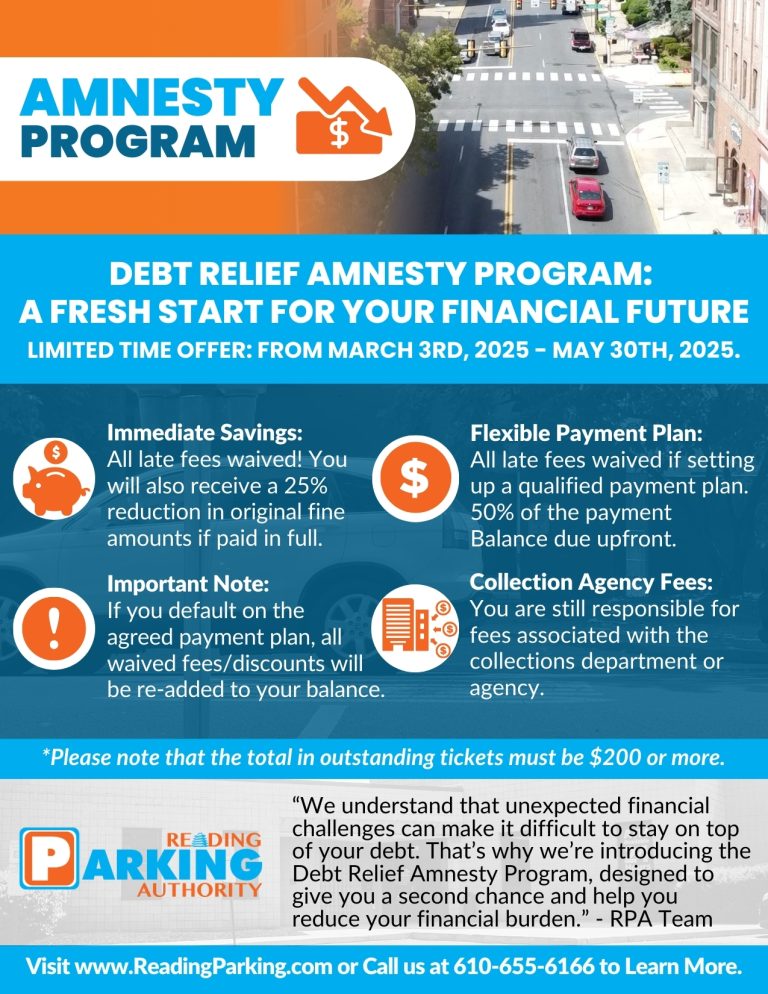What is APR for Car Loans: Essential Insights Unveiled
The APR for a car loan reflects the total cost of borrowing money, including the interest rate and any additional fees associated with the loan. It is important to note that the APR is influenced by factors such as credit score.
Understanding the APR helps borrowers make informed decisions about their car financing options.
Decoding Apr In Car Financing
APR in car financing, or annual percentage rate, encompasses the interest rate and any additional fees, giving you a comprehensive view of the loan cost. It’s crucial to understand the APR for car loans, as it’s often influenced by your credit score and impacts the overall affordability of your vehicle purchase.
| Decoding APR in Car Financing |
| What Does APR Mean? |
| APR stands for Annual Percentage Rate. It is the cost of your car loan, including the interest rate and additional fees, expressed as an annual rate. The APR of your car loan is primarily determined by your credit score. It is essential to understand that the APR includes not only the interest rate but also any fees associated with the loan, such as origination fees. These fees, also known as prepaid finance charges, can vary among lenders. Therefore, it is crucial to pay attention to them when comparing loan offers. When calculating the APR on a car loan, it is necessary to consider both the interest rate and fees to get an accurate picture of the total cost of borrowing. The APR provides a standardized way to compare loan offers and make informed decisions about car financing. |
Apr Versus Interest Rate
The annual percentage rate (APR) for a car loan accounts for the interest rate and certain fees associated with the loan. It reflects the cost of borrowing money each year and is largely dependent on your credit score. Understanding the difference between APR and interest rate is essential, as it directly impacts the overall loan costs. Comparing APRs can help consumers choose the most cost-effective loan option and save money. Before finalizing a car loan, it’s crucial to carefully review the APR and understand how it will affect the total amount repaid over the loan term.
Factors Influencing Apr
The Annual Percentage Rate (APR) for a car loan is influenced by various factors, including your credit score, the length of the loan term, and the lender’s fees. It represents the total cost of the loan, including the interest rate and any additional charges.
Understanding APR is important when considering car financing options.
The annual percentage rate (APR) for a car loan is the cost of borrowing money, including the interest rate and any additional fees. Your credit score plays a significant role in determining the APR for your car loan. Lenders consider a higher credit score as an indicator of lower risk, resulting in a lower APR. On the other hand, a lower credit score may lead to a higher APR. The loan term also affects the APR. Shorter loan terms usually come with lower APRs, while longer loan terms may have higher APRs. It’s essential to understand the APR when taking out a car loan as it impacts the overall cost of borrowing and monthly payments.
Calculating Apr For Car Loans
When calculating the APR for car loans, it’s essential to understand the step-by-step calculation process and the tools and resources available. The APR includes the interest rate and any additional fees, providing a comprehensive view of the loan’s cost. Utilize online calculators and financial institutions’ resources to determine the most accurate APR for your car loan. Consider factors such as credit score, loan term, and the lender’s terms and conditions. By carefully evaluating the APR, you can make informed decisions and select the most suitable car loan for your financial situation.
Average Apr Rates
The average APR for car loans can vary based on several factors, including credit score, loan term, and whether the car is new or used. Currently, the trend for APR rates on car loans is influenced by the overall interest rate environment and the borrower’s creditworthiness. Generally, new car APRs are lower than used car APRs due to the reduced risk for lenders associated with new vehicles. It’s important to compare the APRs for new and used cars to determine the best financing option based on your financial situation and the specific terms offered by lenders.
Negotiating Lower Apr
APR, or annual percentage rate, is the total cost of a car loan expressed as a percentage. Negotiating for a lower APR can help you save money in the long run by reducing the interest you’ll pay on your loan.
| The annual percentage rate (APR) for a car loan is the cost of borrowing money, including the interest rate and fees, expressed as an annual rate. Negotiating a lower APR can save you a significant amount of money over the life of the loan. Here are some tips for negotiation: |
|
| Down payments also play a role in getting a lower APR. A larger down payment reduces the amount of the loan, which means less risk for the lender and a lower APR for you. The ideal down payment is 20% of the car’s value, but any amount you can afford will help. Keep in mind that a lower APR means lower monthly payments and less interest paid over the life of the loan. |
Apr And Car Loan Terms
The APR, or annual percentage rate, for a car loan is the total cost of the loan, including the interest rate and any additional fees. It is important to understand the APR as it can vary depending on your credit score and can significantly impact the overall cost of your car loan.
| APR and Car Loan Terms |
| Short-Term vs. Long-Term Loans |
| Total Interest Paid |
When it comes to car loans, APR or annual percentage rate is an important factor to consider. APR reflects the cost of the loan, including the interest rate and any fees associated with it. Short-term loans typically have higher monthly payments but lower total interest paid, while long-term loans have lower monthly payments but higher total interest paid. It’s important to calculate the total interest paid over the life of the loan to fully understand the cost of the loan. Knowing your credit score can also help determine what kind of APR you may qualify for.
Understanding Prepaid Finance Charges
The annual percentage rate (APR) for a car loan reflects the cost of borrowing money, including the interest rate and additional fees. These fees, known as prepaid finance charges, can vary widely between lenders, so it’s essential to be aware of them. Your credit score largely influences the APR of your car loan. Understanding these prepaid finance charges is crucial, as they directly impact the APR and, ultimately, the total cost of your car loan.
Apr Myths Debunked
When considering a car loan, it’s important to understand APR and debunk common misconceptions surrounding it. The annual percentage rate (APR) on a car loan includes the interest rate and certain fees. It’s not solely determined by the interest rate. APR provides a clearer picture of the total cost of borrowing, taking into account any additional charges. Lenders may vary widely in the fees they charge, so it’s essential to be aware of these costs when evaluating loan offers. Furthermore, the APR is heavily influenced by your credit score. A higher credit score can lead to a lower APR, potentially saving you money over the life of the loan.
Comparing Lenders
| What is Apr for Car |
| Comparing Lenders |
| Shopping for the Best Rates |
When it comes to shopping for the best rates on car loans, there are a few key questions to ask lenders. First, inquire about the annual percentage rate (APR), which is the cost of the loan expressed as a yearly interest rate. The APR takes into account the interest rate as well as any additional fees or charges associated with the loan. It’s important to compare APRs from different lenders to find the most competitive rate.
Additionally, ask about any prepayment penalties or other hidden fees that may impact the overall cost of the loan. It’s also worth considering the lender’s reputation and customer reviews to ensure a positive borrowing experience.
By comparing lenders and asking the right questions, borrowers can find the best APR for their car loan, saving money in the long run.
Conclusion
Understanding APR for a car loan is crucial when you’re shopping for a car and looking for financing options. It’s important to know that the APR is not just the interest rate, but it also includes additional fees and charges associated with the loan.
Your credit score plays a significant role in determining the APR for your car loan. By understanding APR, you can make informed decisions and choose the best financing option for your needs and budget. So, always make sure to compare APRs from different lenders before making a final decision.






